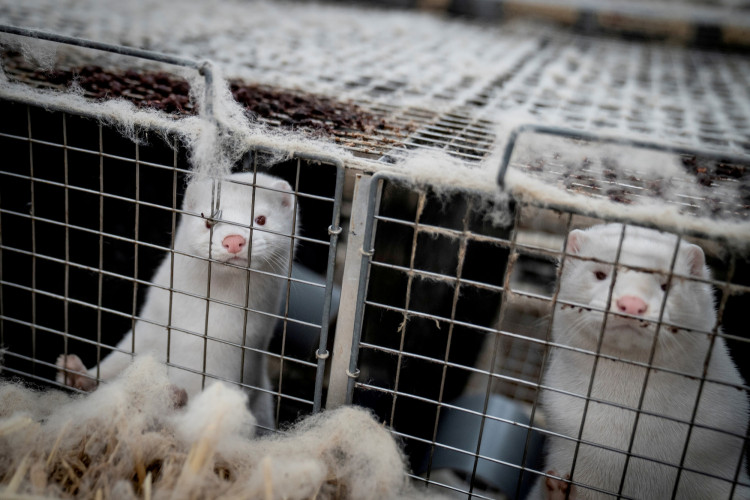Several small-clawed otters at the Georgia Aquarium in Atlanta have contracted COVID-19, but they are expected to fully recover as they displayed mild symptoms.
Infected Otters Receiving Care
The Georgia Aquarium's vice president of animal and environmental health, Dr. Tonya Clauss, said the infected otters are receiving "supportive care as needed so they can eat, rest and recover."
More details are expected to be revealed in the coming days regarding the suspected transmission of COVID-19 from a staff member to the otters.
The aquarium clarified in a statement that the infected otters have had no direct contact with guests. Furthermore, the otters showed mild symptoms such as mild coughing, runny noses, and sneezing.
All staff members who have been working with the animals have been tested of potential infection but the aquarium has yet to reveal the results.
This is not the first time animals have been infected with the novel coronavirus.
Minks Outbreak Results in Death
Last week, Latvia's Food and Veterinary Service confirmed that tests on nine dead minks at a Latvian fur farm revealed that the minks were COVID-19 positive.
The Baltic Devon mink farm is home to around 60,000 minks, and the Latvian veterinary authority said that animals that die at fur farms are tested for potential COVID-19 infection in a routinely manner.
A team of epidemiology experts have already started an investigation into the outbreak at the affected farm.
Risk of Infection between Zoo Animals and Visitors
Also last week, the Pittsburgh Zoo & PPG announced that two lions have contracted COVID-19.
According to the zoo's president and CEO, Dr. Barbara Baker, infection risk between visitors and zoo animals was low, which gave them the initial suspicion that an asymptomatic animal keeper passed on the disease.
Baker explained that the lions "are not in close proximity with our visitors at all." The zoo also said that the two female lions who tested positive of COVID-19 displayed occasional diarrhea and coughing.
As part of the efforts to ensure that no other zoo animals were infected, the zoo has tested four other lions. The four lions were in good health condition.
Gorilla Infection Not a Surprise, Expert Says
Earlier this year, two gorillas at the San Diego Zoo Safari Park tested positive of the novel coronavirus after they started coughing.
Disease ecologist Tony Goldberg said the "fact that gorillas are susceptible to SARS-CoV-2 should come as no surprise." Goldberg said proper medical care at the zoos should help the infected gorillas recover.
Like the latest case in otters, it was suspected that the gorillas may have been infected by a staff member who did not display COVID-19 symptoms at the onset of infection.





